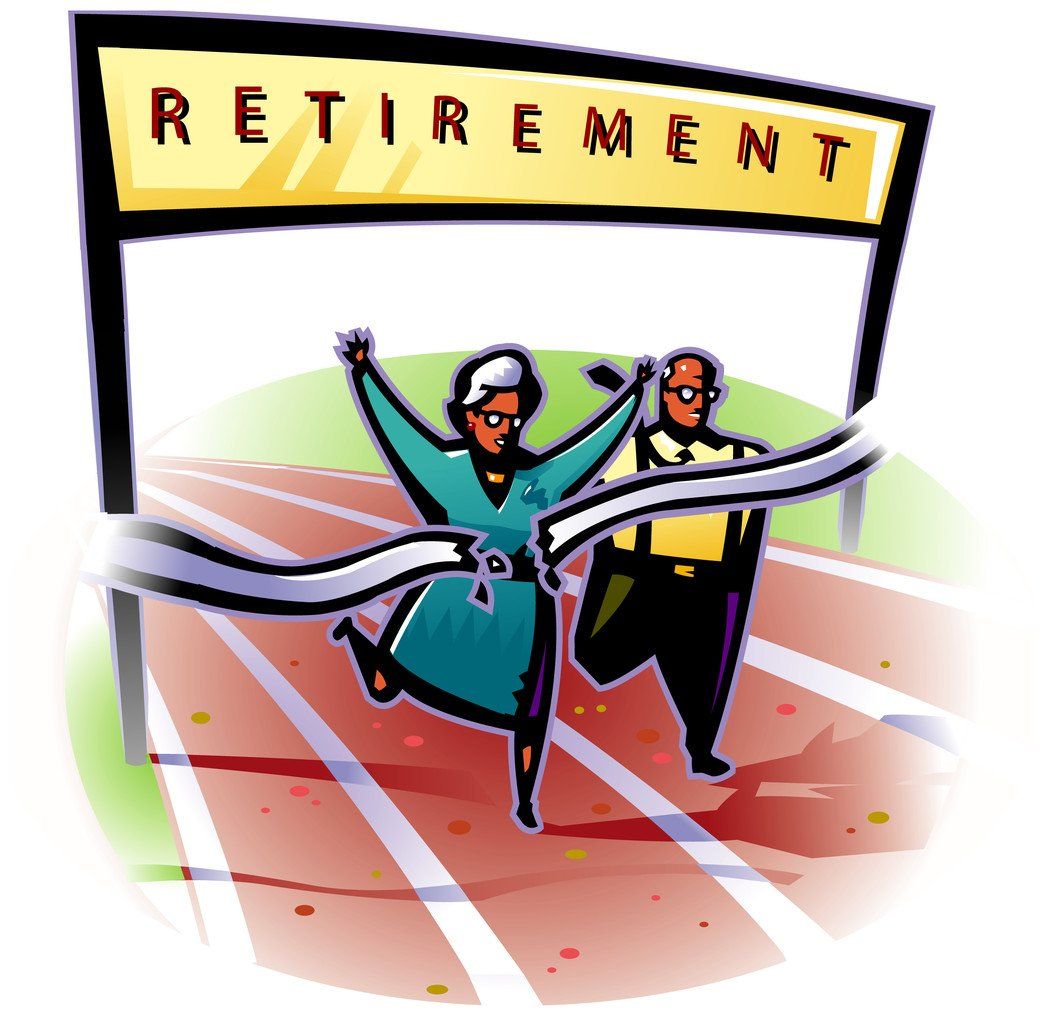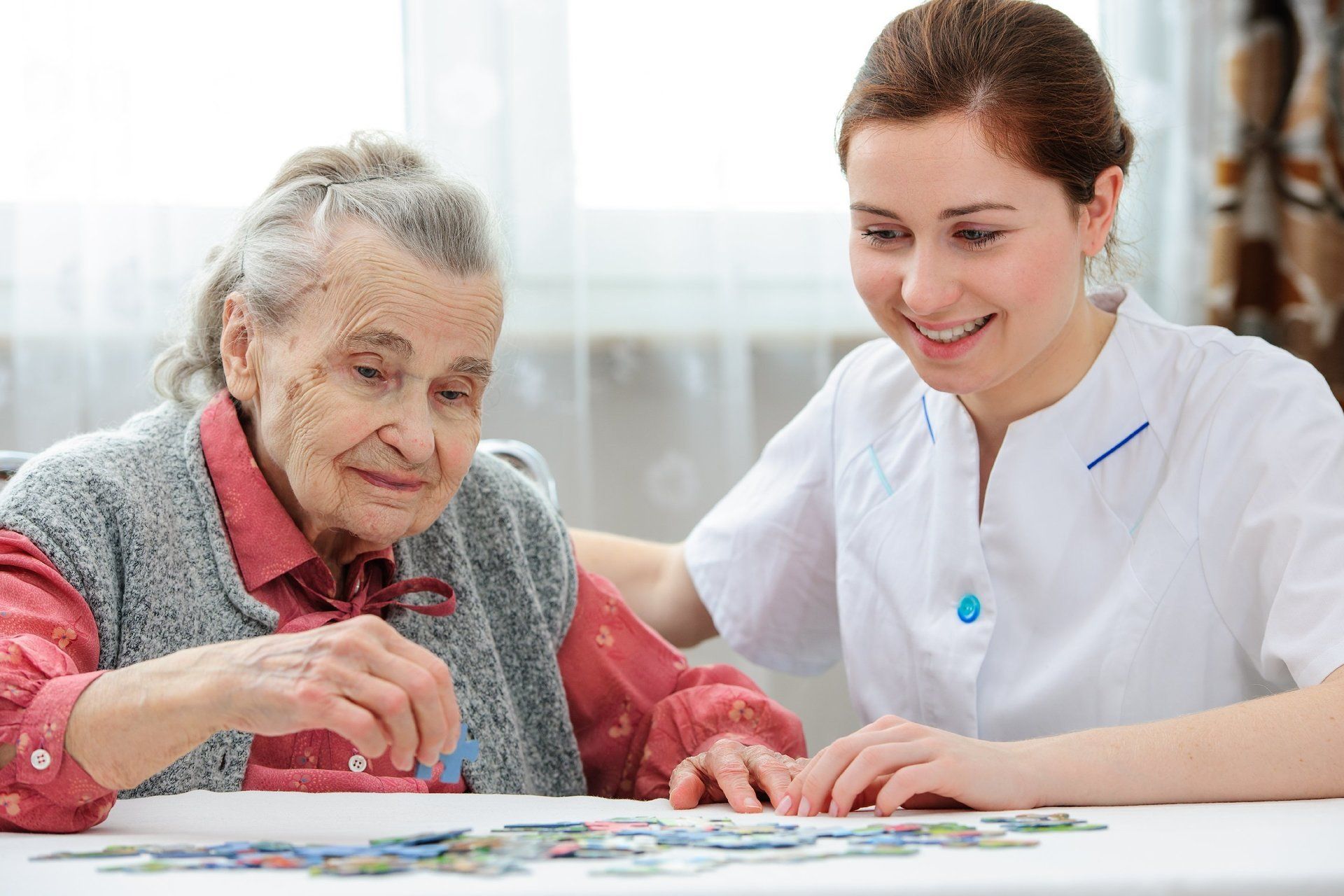Commit to Lifelong Learning
"perpetuam uitae doctrina!"
"Live as if you were to die tomorrow.
Learn as if you were to live forever." Mahatma Gandhi.

Lifelong Learning for Retirees
You're never too old to learn and grow!
Being advanced in years does not make you irrelevant!
Seniors and Retirees, continue to enrich your life! Continue on your lifelong learning journey!
Be all that you can be! Go for it!


Finding Purpose in Retirement:
How to Live Happily after Retirement
Retirement can be a difficult transition for many people. It is a big life change that often involves leaving behind a job and a routine that has been in place for many years.
While some people may struggle to find purpose in retirement, there are many ways to live a happy and fulfilling life after you leave the workplace.
On this page, we will discuss how to find purpose in retirement and how to live happily after retirement.
The Most Important Thing is to Find a New Purpose
Retirement is a big life change that can cause some people to feel aimless and unsure of what to do next. That's why the most important thing when it comes to enjoying retirement is to find a new purpose.
Whether you decide to read, mentor others, take classes, get a part-time job, travel the world, or find a hobby, it's important to have something to look forward to and focus your energy on.
One great way to find a new purpose is to join a lifelong learning institute. This will give you the opportunity to develop skills, learn about topics you're passionate about, and connect with like-minded individuals. It can be a great way to spend your retirement in a meaningful and fulfilling way.
Retirement doesn't mean your life has come to an end; rather, it means that it's time for a new beginning. By finding a new purpose and embracing lifelong learning, you'll be able to live happily and make the most out of your retirement.
Perhaps, the most important consideration for you as a retiree is to take care of your mental and physical health. An important issue is your need to do as much as you can to avoid slips and falls. Slips and falls are prevalent among the elderly and the consequences of a fall could be quite serious.
Brown & Crouppen's "Elderly Slips and Falls Guide" provides more detailed information on how you could minimize your chances of slipping and falling.
Additionally, as we age we need to pay laser-focused attention to the dangers associated with the possible onset of Alzheimer's disease and dementia.
Table of Contents
1. Consider Part-Time Work or Volunteering
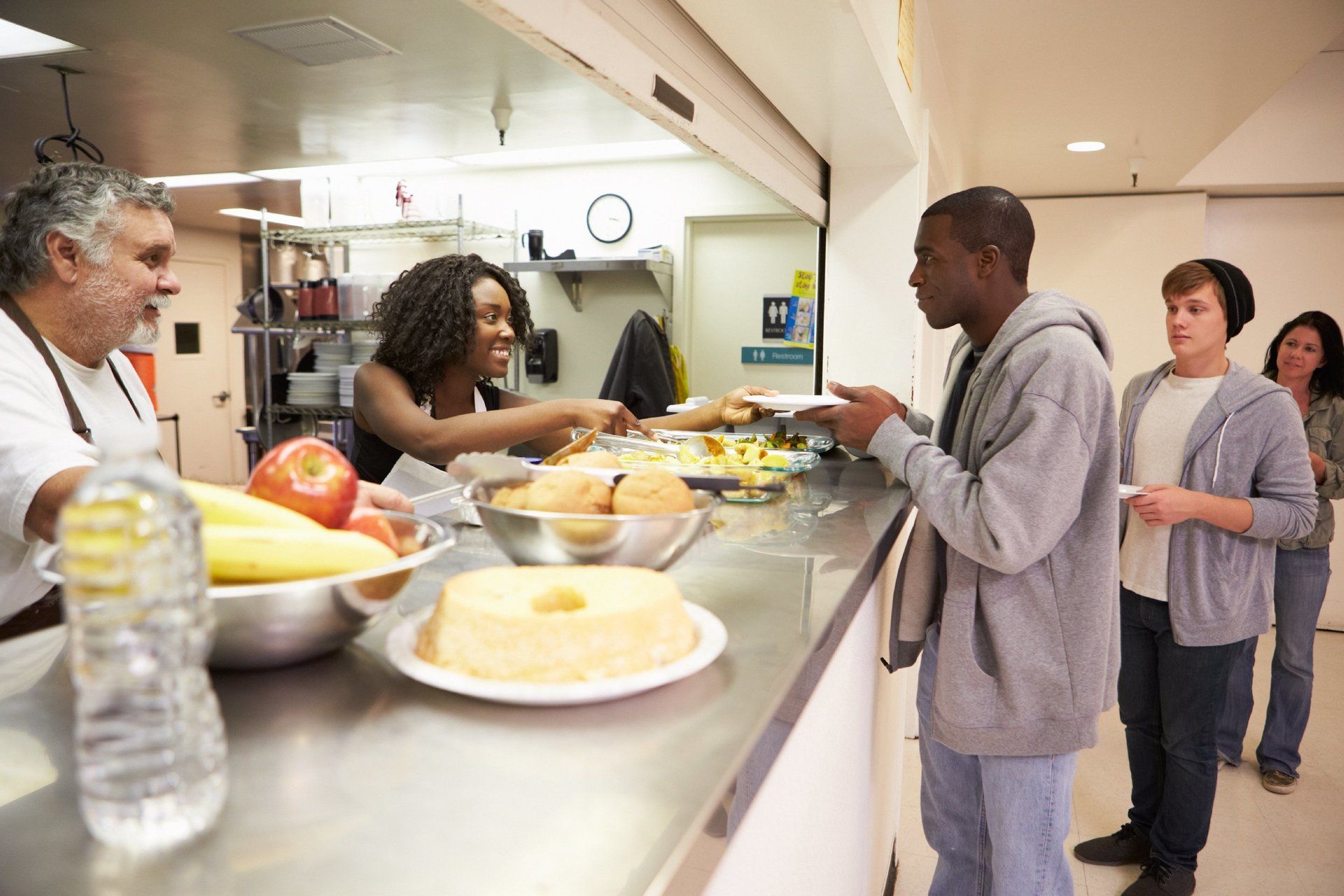
Retirement doesn't mean the end of working. Many people find that they enjoy the challenge and satisfaction of having a part-time job or volunteering. Not only can it help you stay socially connected, but it also provides an opportunity to use skills and knowledge you have developed over a lifetime.
For those who want to stay employed in retirement, a part-time job or volunteering is a great way to supplement income and make new friends. If you are retired and looking to gain more knowledge or skills, taking classes at a lifelong learning institute or university can be a great way to do that. Volunteering can also allow you to travel the world, find a hobby, and get involved in something meaningful.
The key to finding the right part-time work or volunteering opportunity is to find something that aligns with your passions and interests. For example, if you love spending time outdoors, you could volunteer with a nature conservancy or take classes to learn about sustainable gardening. If travel is your thing, look for opportunities in other countries where you can offer your expertise.
No matter what you decide to do, part-time work or volunteering can provide a great way to stay active and engaged while enjoying the benefits of retirement. It can also open up the door to new experiences, friendships, and the opportunity to learn something new.
2. Stay Active and Healthy
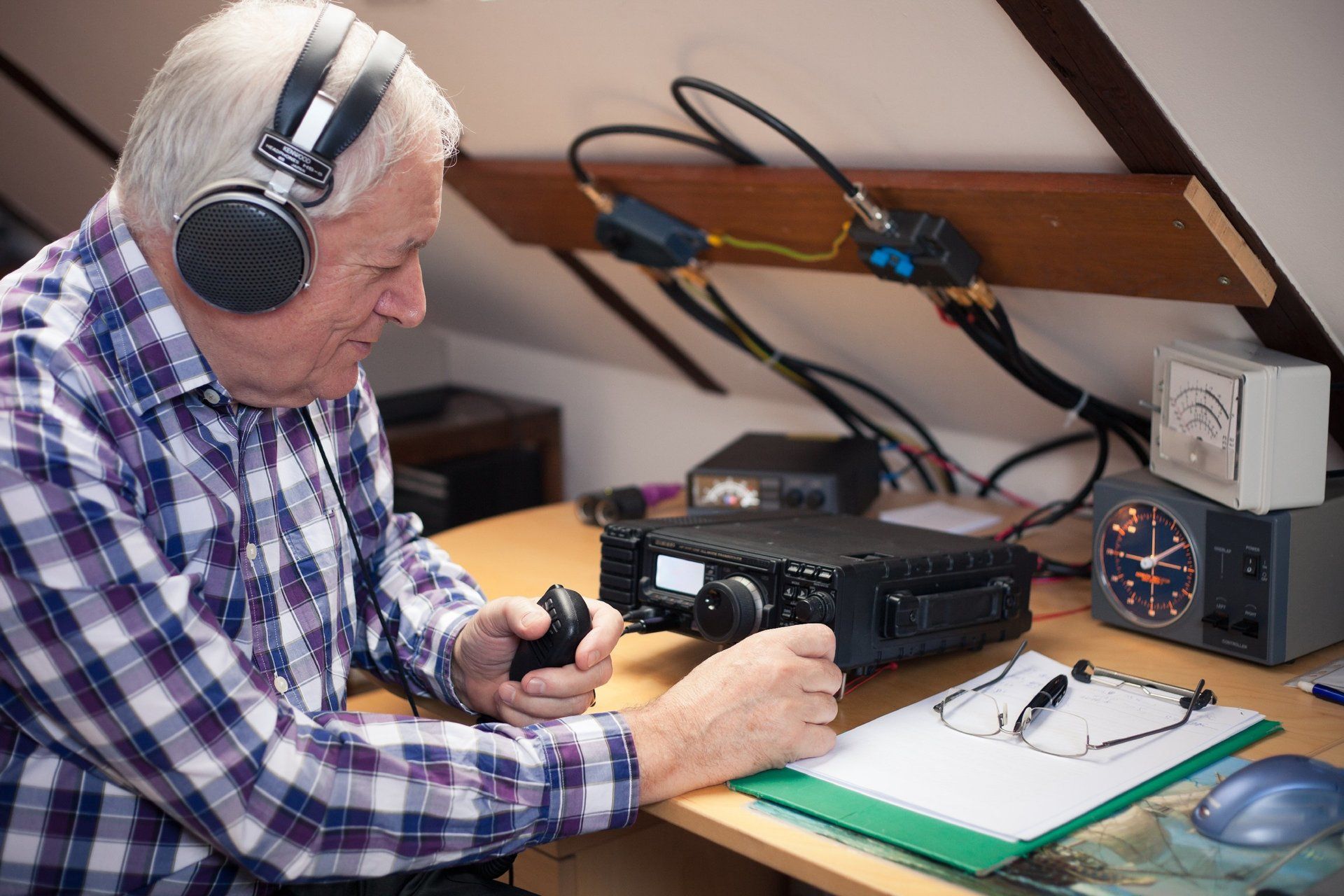
Retirement doesn’t have to mean that your days of physical activity are over. In fact, staying active and healthy is one of the best ways to make the most of your retirement. You can take classes at a local gym or yoga studio, join a sports team, or even get a part-time job if you prefer to stay busy.
Exercise not only keeps your body healthy, it also helps to keep your mind sharp. You can also travel the world, find a hobby, or join a lifelong learning institute and keep your brain active and engaged in new activities.
No matter what you choose to do, taking care of yourself should be a priority when entering retirement.
3. Get Involved in Your Community

Retirement is a great time to get involved in your community. There are so many different ways to do this that can enrich your life and help you find a sense of purpose.
One way is to take classes or join a lifelong learning institute. This can be a great way to gain knowledge, stay connected, and meet new people. You could also get a part-time job or volunteer in an organization you care about.
If you want to explore the world, look into travel opportunities, such as educational trips or local excursions.
You can also use retirement to find a new hobby or join a club to engage with others who share the same interests.
Whatever you choose to do, get involved in your community and use retirement to learn something new and broaden your horizons.
4. Spend Time with Family and Friends

Staying connected with family and friends is an important part of life, especially during retirement. As you transition into this new stage of life, it is essential to maintain your relationships and develop new ones.
This can be done through regular visits and communication, but also by taking classes together, traveling the world, or finding a hobby that can be shared with your loved ones.
At the same time, joining a lifelong learning institute is a great way to make friends and keep up with the latest trends and news. Whether it’s a book club, a history class, or a cooking class, these opportunities are great for making connections and staying mentally stimulated. You could even get a part-time job with your family or friends, which provides both the chance to bond and make money.
Ultimately, spending quality time with family and friends is one of the most rewarding parts of retirement and will make your transition into this new stage of life much more enjoyable.
5. Travel and Explore New Places

Retirement is a great time to travel the world, or even just explore your own backyard. Visiting different places can provide you with new experiences and perspectives, as well as a much-needed break from your everyday routine.
Whether it's taking a road trip across the country, venturing overseas, or even visiting a nearby town, taking the time to travel and explore can help you find a sense of joy and satisfaction in your life after retirement.
If you're looking for ways to make the most of your travel experiences, consider signing up for classes at local universities, taking advantage of volunteer opportunities abroad, or getting a part-time job in a new city.
Joining a lifelong learning institute or finding a hobby related to travel can also provide an excellent way to stay active while exploring the world. You may even be able to combine your love of travel with other interests such as photography or writing. Whatever you choose, taking the time to travel and explore can be a great way to make the most of your retirement years.
6. Make the Most of Your Retirement

Retirement is the perfect opportunity to explore new hobbies and interests you may have been putting off for years. Take classes, learn something new, or take up a hobby that you’ve always wanted to try. This could be anything from painting, writing, cooking, playing music, photography, gardening, or anything else that sparks your interest.
If you’re still restless, then getting a part-time job or volunteering can be a great way to feel productive and engaged. You can work on something you care about or use skills you might have acquired throughout your life.
Traveling the world is another great way to make the most of retirement.
If you have the means, there’s no better time than retirement to explore different cultures, visit new places, and try new things.
Finally, joining a lifelong learning institute or community college can help you stay active and learn something new. These classes offer an array of different subjects from foreign languages to philosophy to science and more. Joining these programs can provide you with new challenges and an opportunity to connect with others in the community.
Making the most of your retirement is all about finding something that resonates with you and keeps you engaged. Finding a purpose after retirement can be a challenge, but with the right attitude and some effort, it can lead to a fulfilling experience.
7. Take Up a New Hobby

Retirement is the perfect time to explore a new hobby or take up an old one. With more free time, retirees have the opportunity to learn something new and devote their time and energy to mastering it.
When it comes to taking up a new hobby, the possibilities are endless. From taking classes; to joining a lifelong learning institute, to getting a part-time job, there’s something out there for everyone. You may even find yourself traveling the world in pursuit of your newfound hobby.
No matter what you choose to do, make sure it’s something that brings you joy and makes you happy. A new hobby can be a great way to stay active, meet new people, and develop new skills. Find a hobby that will challenge you and inspire you to learn and grow.
So go ahead and find a hobby that excites you and that you can enjoy during your retirement years. You may just surprise yourself with how much fun it can be!
8. Continue to Learn and Grow

Retirement is an opportunity to pursue your passions and explore new interests.
One of the best ways to make the most of this time is to continue to learn and grow. You can take classes, find a hobby, join a lifelong learning institute, or even get a part-time job. All of these activities provide you with an opportunity to explore new ideas, meet new people, and stay intellectually engaged.
Traveling is also a great way to learn and grow. Whether you explore your own city or travel the world, you will be exposed to different cultures and lifestyles, which can open your eyes to new perspectives. You could also consider visiting places that offer educational opportunities, such as historical sites and museums.
No matter how you choose to spend your retirement, it’s important to never stop learning and growing. With all of the options available, it’s easy to find something that sparks your curiosity and keeps you intellectually engaged.
The 4 phases of retirement | Dr. Riley Moynes | TEDxSurrey
Video courtesy: TEDx Talks
In this talk, Dr. Riley Moynes eloquently presents a framework for retirees to navigate their way through the retirement years. Dr. Moynes encapsulates the retirement years into four phases. He emphasizes that most people focus on the financial aspects of retirement and don put as much emphasis on the, equally-important, psychological aspects of retirement. This is a very engaging talk. Take a look!
Sponsored
Mesothelioma and Seniors
According to Merriam-Webster Dictionary, mesothelioma is ":a usually malignant tumor derived from mesothelial tissue (such as that lining the peritoneum or pleura)."
This type of cancer is usually caused when someone is exposed to asbestos. According to the "Mesothelioma Cancer Community", the four most common types of mesothelioma are
- Pleural Mesothelioma,
- Peritoneal Mesothelioma,
- Pericardial Mesothelioma, and
- Testicular Mesothelioma.
Here are a few sources of useful information on mesothelioma.
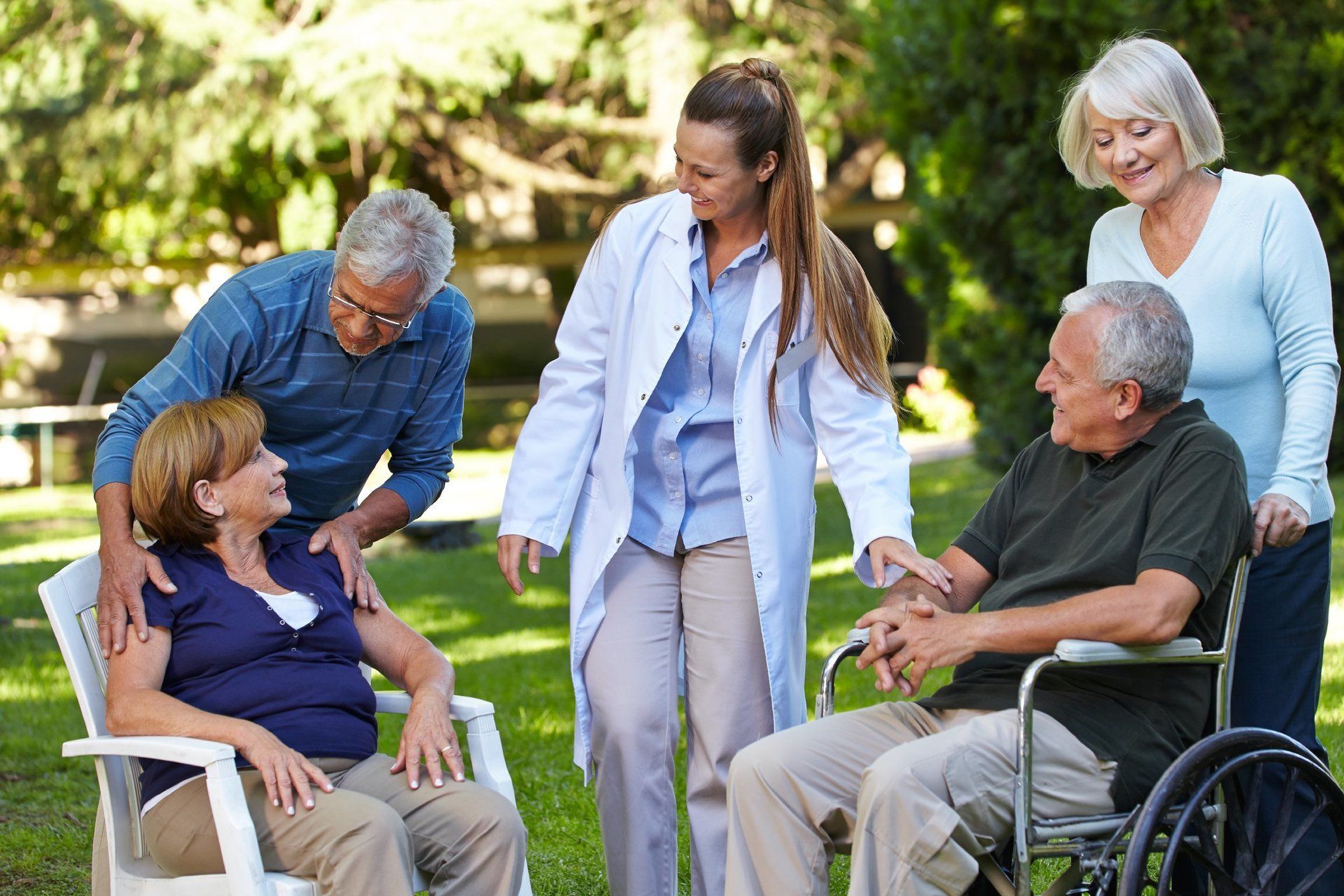
The Gori Law Firm
The Gori Law Firm has developed a comprehensive guide that provides a clear description of the nature, causes, and symptoms of mesothelioma. It also covers the steps you need to follow if you think that your mesothelioma could have been avoided.
Read the guide here:
"Seniors and Mesothelioma".

A Guide to Mesothelioma Life Expectancy
According to the Mayo Clinic: "Mesothelioma is a type of cancer that occurs in the thin layer of tissue that covers the majority of your internal organs (mesothelium)."
"Mesothelioma is an aggressive and deadly form of cancer. Mesothelioma treatments are available, but for many people with mesothelioma, a cure isn't possible."
Here is a guide to Mesothelioma Life Expectancy, developed by the Lanier Law Firm.

"Providing hope for mesothelioma patients!"
MesotheliomaHope.com offers a wonderful and informative guide to assist you in gaining a deeper insight into the causes, symptoms, and treatment of this disease.
If you are a victim of this disease, MesotheliomaHope will provide the necessary legal advice and guidance you need.
Get your free 2024 Mesothelioma guide here: Mesothelioma Hope.com.

Nine Ways to Boost Your Memory as You Age
As we age, our memory can start to decline and cause us to forget important dates or facts more easily. However, this doesn’t have to be the case!
There are plenty of ways to boost your memory and retain information better as you age. In this article, we’ll discuss 9 tips and tricks to help you improve your memory and stay sharp.
With these easy-to-follow strategies, you can keep your mind in peak condition for years to come. Let’s dive in!
Table of Contents
- Start with the basics: Get enough sleep and exercise
- Eat a brain-healthy diet
- Engage in cognitive activities such as puzzles or games
- Learn something new regularly
- Use mnemonic devices to aid in memory retention
- Stay socially engaged and maintain relationships
- Reduce stress through relaxation techniques
- Limit alcohol intake
- Seek medical help if memory loss becomes a concern

1) Start with the basics: Get enough sleep and exercise
As we age, our bodies and brains require more care and attention than ever before. One of the simplest and most effective ways to boost your memory as you age is to start with the basics - getting enough sleep and exercise.
Sleep is critical for your brain to function properly, especially when it comes to memory consolidation. During deep sleep, your brain processes and stores information, helping you to retain memories over time. As we age, our sleep patterns can change, making it more difficult to get a good night's rest. To combat this, establish a regular sleep routine, and try to stick to it as much as possible. Avoid caffeine and alcohol, particularly in the evening, as they can disrupt sleep. Finally, create a comfortable sleeping environment, with a cool, dark, and quiet room.
Exercise is equally important for brain health. Regular physical activity improves blood flow to the brain, helping to support healthy brain function. It also helps to reduce inflammation and stress, both of which can have negative effects on memory and cognitive performance. Aim for at least 30 minutes of moderate-intensity exercise, such as brisk walking or swimming, on most days of the week.
By taking care of your basic needs through regular exercise and sleep, you'll be taking important steps toward boosting your memory and keeping your brain healthy as you age.
Sponsored
Research and Resources
List of Services
-
Money Matters in Retirement
Retirees or prospective retirees must pay attention to the accumulation of funds prior to retirement and the proper management of their finances during the retirement years.
Accumulation and management of money is not an easy task for many folks. However, this task must not be taken lightlly.
Learn a little more about retirement-related financial matters here....
-
Get Your Free Legal Forms, Online, from FormsPal.com
Stop worrying! The folks at FormsPal.com provide many legal forms and services to assist you in navigating the sea of legal challenges that plague most of us as we age. Many of these forms are available free of cost.
Some of the free forms available, cover such areas as:
- Estate Planning;
- Powers of Attorney;
- Codicil to Will;
- Elder Care Agreement;
- Living Will, and many others.
-
AARP - American Association of Retired People
AARP is an American organization, dedicated to providing support and advocacy for senior citizens of the United States of America. Although the bulk of the membership in this organization are people 50 years old, or older, anyone as young as 18 years of age can join and enjoy many of the benefits offered by the organization.
Take a look at the AARP web site!
-
FREE COURSE: by OpenLearn
Course: "Introducing Ageing".
This free course addresses the various opportunities and challenges that arise as a result of the increasing life expectancy of human beings around the globe.
Course duration: 11 hours
Level 1: Introductory
-
Nursing Home Abuse Center - Guide for Seniors
"Nursing Home Abuse Center was founded to shine a light on the widespread abuse and neglect that occurs in nursing homes and assisted living facilities. Nearly 1 out of 3 nursing homes has been issued citations for abuse. Elder abuse takes many forms, including physical and emotional abuse, financial exploitation and neglect. Our mission is to educate seniors and their loved ones on the appropriate actions they can take.
We recently created a guide for families who have lost a loved one due to nursing home abuse which discusses steps to take to get justice." Source: "NursingHomeAbuseCenter.com"
-
A Guide to Macular Degeneration for Seniors
According to "drugwatch.com", "Macular degeneration occurs when deposits called drusen build up in the eye. These deposits cause light-sensitive cells to die off or blood vessels to leak and cause cell damage.
It’s more common in white Americans. Eighty-nine percent of people who get macular degeneration are white, and about 14% of white Americans ages 80 or older have the disease, according to the National Eye Institute."
-
Senior Wellness Guide - Healthy Aging
Take a look at this informative wellness guide provided by drugwatch.com.
-
Many Senior Citizens are Enjoying the Benefits of Joining a Lifelong Learning Institute.List Item 1
-
Seniors! Nurture Your Brains by Taking Interesting Courses, Online or in the Traditional Classroom Setting.List Item 2
-
Elder Caregiver Support Guide
The task of caring for the elderly is a sacred and honorable one.
Our precious senior citizens have made valuable contributions to our societies and deserve dignified care as they become less able to care for themselves.
However, caring for the elderly can also be very trying for the caregiver. So, these angels of mercy also need support.
The "Elder Caregiver Support Guide" provided by "Lawfirm.com" presents useful information and guidance in support of caregivers.
-
Help for African Americans
Are you having financial difficulties, or struggling to keep up with life's challenges?
Well, helpforafricanamericans.org offers a directory of services that could bring some relief to you and your family. This directory is categorized by State.
The helpforafricanamericans.org website offers guidance and details on how you can find help with :
"details of programs that help blacks with finding help with groceries, utility bills, rent, college, medications, childcare, medical bills, housing, and more."

